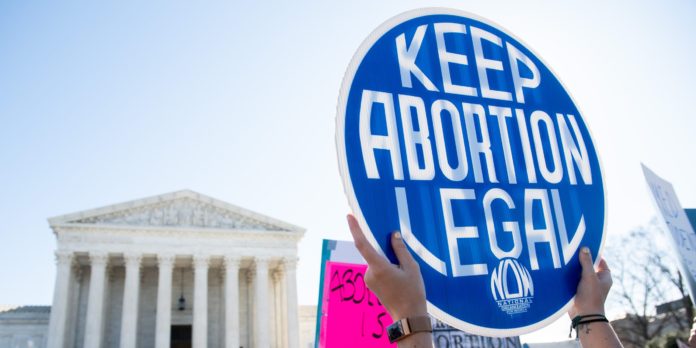Prohibiting legal access to abortions does not end abortion; it instead compels women to seek unsafe abortions, violating their rights and increasing maternal mortality and morbidity, said Amnesty International USA Gender, Sexuality and Identity Programmes Director Tarah Demant on World Safe Abortion Day.
In recognition of the International Safe Abortion Day on September 28, the past few months have underscored that American’s rights to abortion remain under attack, Amnesty revealed.
Earlier this month, S.B. 8 went into effect in Texas, effectively banning abortions as early as six weeks – before many people even know they are pregnant – and privatising enforcement against abortion providers.
Later this year, the Supreme Court will hear oral arguments in response to a Mississippi legal case that threatens to overturn decades-old abortion protections established under Roe v. Wade.
“Above all, restrictive policies disproportionately impact marginalised groups – including low-income, minority or Indigenous people and transgender or non-gender conforming individuals – who already face barriers in accessing health care and often lack means to seek safe and legal abortion services elsewhere,” said Demant.
“We have already seen the ramifications of such draconian legislation – in El Salvador, such policies have effectively amounted to torture, discrimination and denial of pregnant people’s rights,” she added.
The gender, sexuality and identity programmes director further maintained that while moves to legalise and decriminalise abortion in Argentina and Mexico over the past year are a huge win for the global community, the recent Texas abortion ban and upcoming Mississippi legal case hearing are a grim reminder that the United States is falling behind other nations in its obligation to protect pregnant people’s rights.
“Amnesty International remains fervent in its calls on the government to protect the right to abortion. Anything less is a failure to uphold human rights, including the right to life, bodily autonomy and dignity.”
